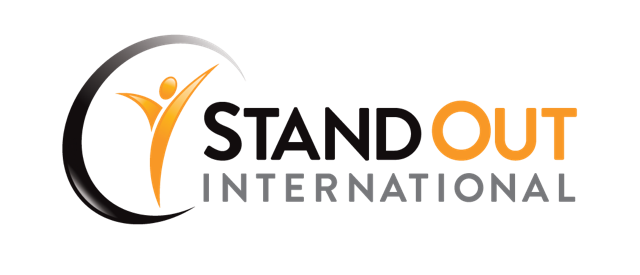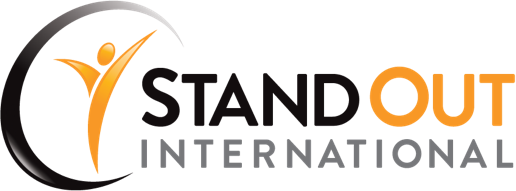How do we turn a person’s talent into performance? This question has been of great debate. Many organizations believe that each person’s greatest room for growth is in his or her areas of weakness.
Yet, others support the idea that it is in the areas of his or her greatest strength. The successful leaders find a person’s unique talent – their strengths – first. Then they capitalize on that strength.
The Gallup Poll confirms the concept that applying a person’s strength is positive correlated to his or her actual performance. In a survey with nearly 200,000 people, the following question was asked:
“At work, do you have the opportunity to do what you do best every day?”
When employees answered “strongly agree” to this question, they were
• 50% more likely to work in a unit with lower employee turnover,
• 38% more likely to work in more productive business units, and
• 44% more likely to work in units with higher customer satisfaction scores.
In other words, when people have an opportunity to do what they do best, they contribute more.
They feel more loyal to the company.
Their performance is higher.
They treat customers better.
So, why are so many professionals and their managers looking in the wrong direction?
Many organizations – and individuals – take strengths for granted and focus on minimizing their weaknesses. The Gallup research shows that only 37% of professionals think that their strengths will help them become most successful, while 63% think that fixing weaknesses will best support their success.
In my own coaching practice, I discuss my client’s accomplishments and their underlying talents and core strengths. In more than half of these discussions, people have a problem defining their own strengths with clarity and conciseness. To help them identify and articulate their strengths, I ask the following three questions:
1. When are you at your best?
2. Which work activity do you love to do and invigorates you most?
3. What is one thing, activity, or skill can you do better than most other people?
Once they clearly describe their strengths, they start communicating those with others and using them more in their role. Consequently, they will perform better.
Remember Confucius’ quote: “Choose a job that you like and you will never have to work a day in your life.”


